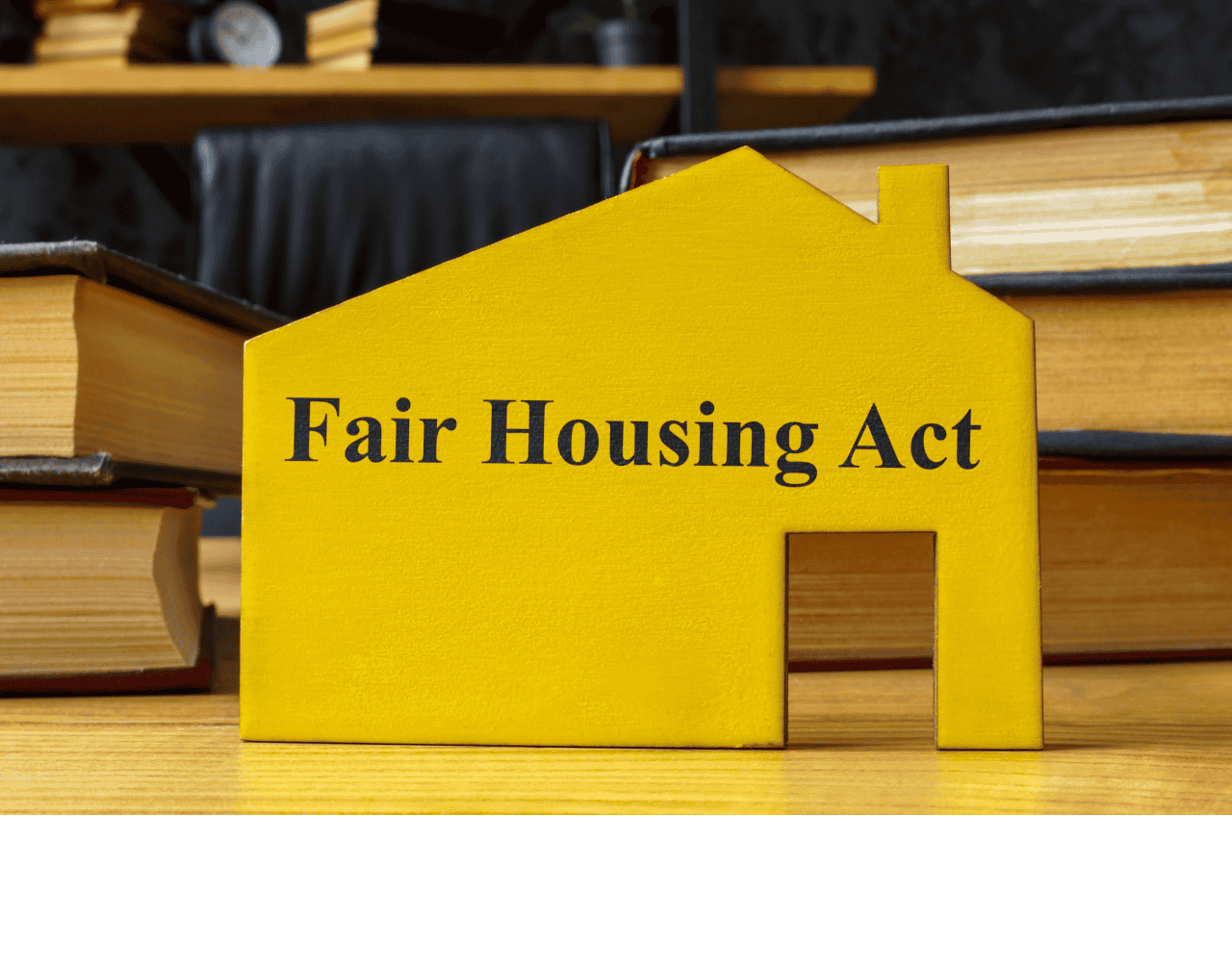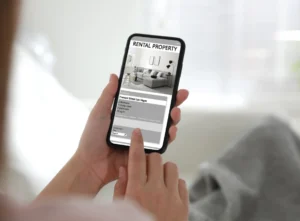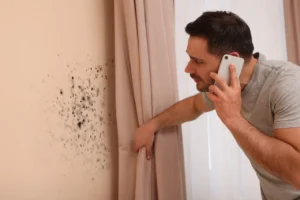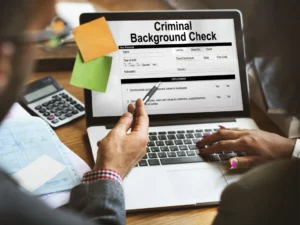
Don’t Get Scammed: Know About the Fair Housing Act
The Fair Housing Act is a civil rights law that protects people from discrimination in housing. It was signed into law by President Lyndon Johnson on April 11, 1968, as Title VIII of the Civil Rights Act of 1968. The act covers most housing, including private, public and federally funded housing.
Administered by the U.S. Department of Housing and Urban Development (HUD), the Fair Housing Act protects people from discrimination when they are renting or buying a home, getting a mortgage, seeking housing assistance, or engaging in other housing-related activities.
Under the Fair Housing Act, the Section 8 Housing Choice Voucher Program is a federal program that helps low-income individuals, families, and seniors find housing in the private market. it is illegal to refuse to rent to an applicant who is receiving assistance through the Section 8 program.
How does the Fair Housing Act work?
The Fair Housing Act prohibits landlords from discriminating against an applicant based on any of the following:
- Age
- Race
- National Origin
- Religion
- Familial Status
- Gender
- Physical or Mental Disability
Landlords must ask every applicant the same questions and have them complete the same application in order to avoid appearing discriminatory.
Many states and communities also prohibit discrimination based on sexual orientation. In limited situations, the FHA does not apply to buildings with four or fewer units that are owner-occupied, single-family homes rented or sold by the owner without an agent and housing run by private or religious organizations that offer residences to members only.
These restrictions do not prohibit the landlord from declining an applicant based on a criminal background, poor credit history, prior evictions, lack of income, a negative reference from a previous landlord or false information on the application.
Need Legal Help?
Chat with a real estate lawyer near you. It’s only $5 for a 1-week trial. Ask unlimited questions.
What is a Section 8 voucher?
According to the HUD web site, “The Housing Choice Voucher Program is the federal government’s major program for assisting very low-income families, the elderly, and the disabled to afford decent, safe, and sanitary housing in the private market… A family that is issued a housing voucher is responsible for finding a suitable housing unit of the family’s choice where the owner agrees to rent under the program.”
The landlord receives a housing subsidy directly from the Public Housing Agency (PHA) and the family pays the difference between the actual rent charged by the landlord and the amount subsidized by the program. By law, whenever a family moves to a new unit where the rent exceeds the payment standard, the family may not pay more than 40 percent of its adjusted monthly income for rent.
“The housing unit selected by the family must meet an acceptable level of health and safety before the PHA can approve the unit. When the voucher holder finds a unit that it wishes to occupy and reaches an agreement with the landlord over the lease terms, the PHA must inspect the dwelling and determine that the rent requested is reasonable.”
Click here for more information regarding HUD’s Section 8 Housing Vouchers.
Beware of Section 8 scams
Unfortunately, there are many scams that victimize both landlords and people trying to rent a home utilizing their Section 8 voucher. These scams can take many forms.
Scammers may create fake rental listings on sites like Craigslist and pressure Section 8 applicants to pay a deposit without seeing the unit. They ask for fees and personal data, such as Social Security numbers and credit card numbers and then sell the information to identity thieves. The scammers will keep the money and disappear.
Other scammers have created websites that look like registration sites for Section 8 waiting list lotteries. If the applicant pays a fee or gives their personal information, the scammers will take it and the applicants won’t be on a legitimate Section 8 waiting list. In fact, there is no fee to register for a Section 8 waiting list.
A current scam targets landlords rather than renters. Someone calls a small landlord and asks them if they accept Section 8 vouchers. If the landlord replies that they do not, the caller hangs up and files a discrimination lawsuit against the property owner.
How can landlords protect themselves from this scheme and avoid these malicious lawsuits? If you receive a call asking if you will accept a Section 8 voucher from an applicant, just say, “Yes, of course we will accept the application.” Don’t allow yourself to become a victim of this fraud.
Disclaimer: All content provided here-in is subject to AAOA’s Terms of Use. Nothing contained on this website constitutes tax, legal, insurance or investment advice, nor does it constitute a solicitation or an offer to buy or sell any security or other financial instrument. AAOA recommends you consult with a financial advisor, tax specialist, attorney or other specialist who is able to properly advise you.













 Accessibility
Accessibility